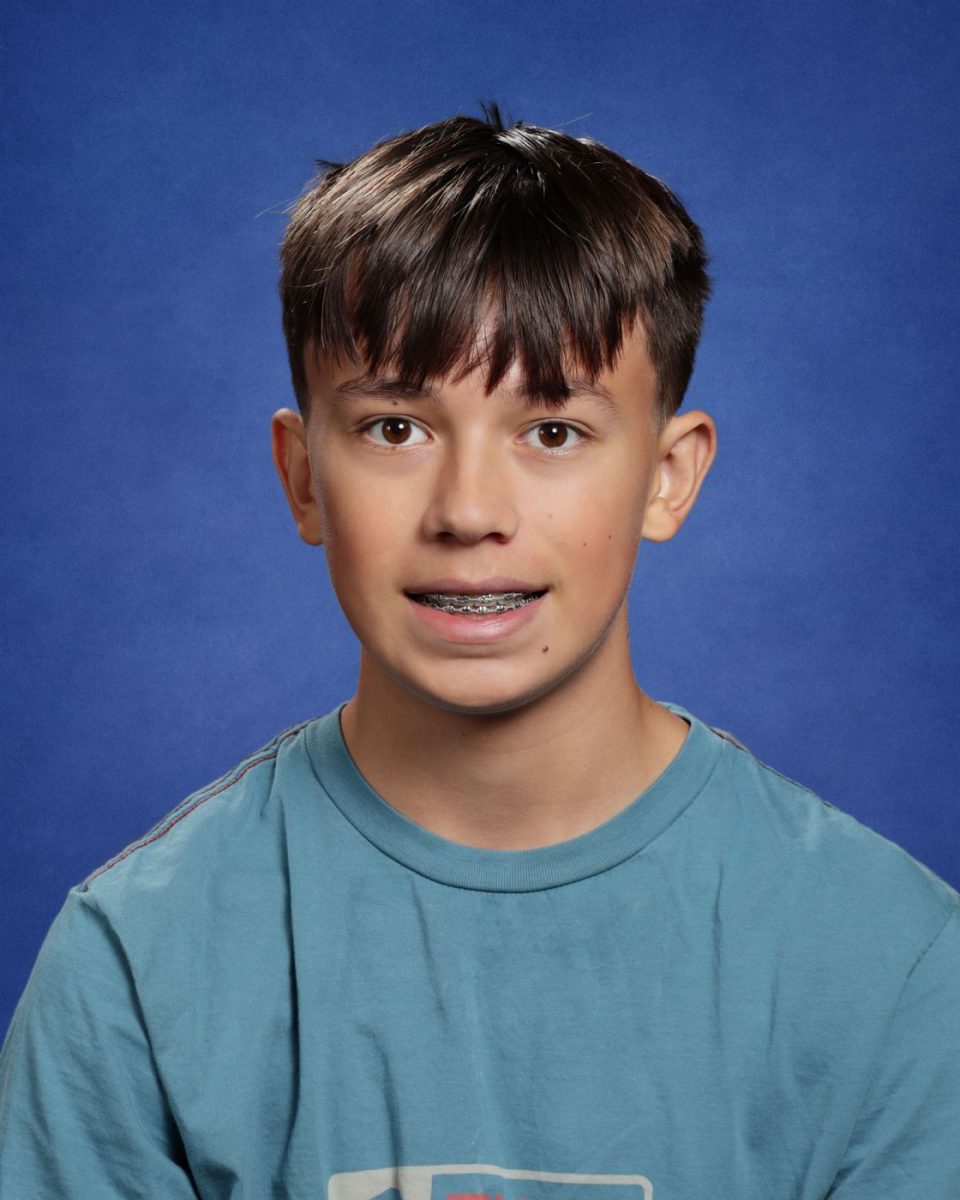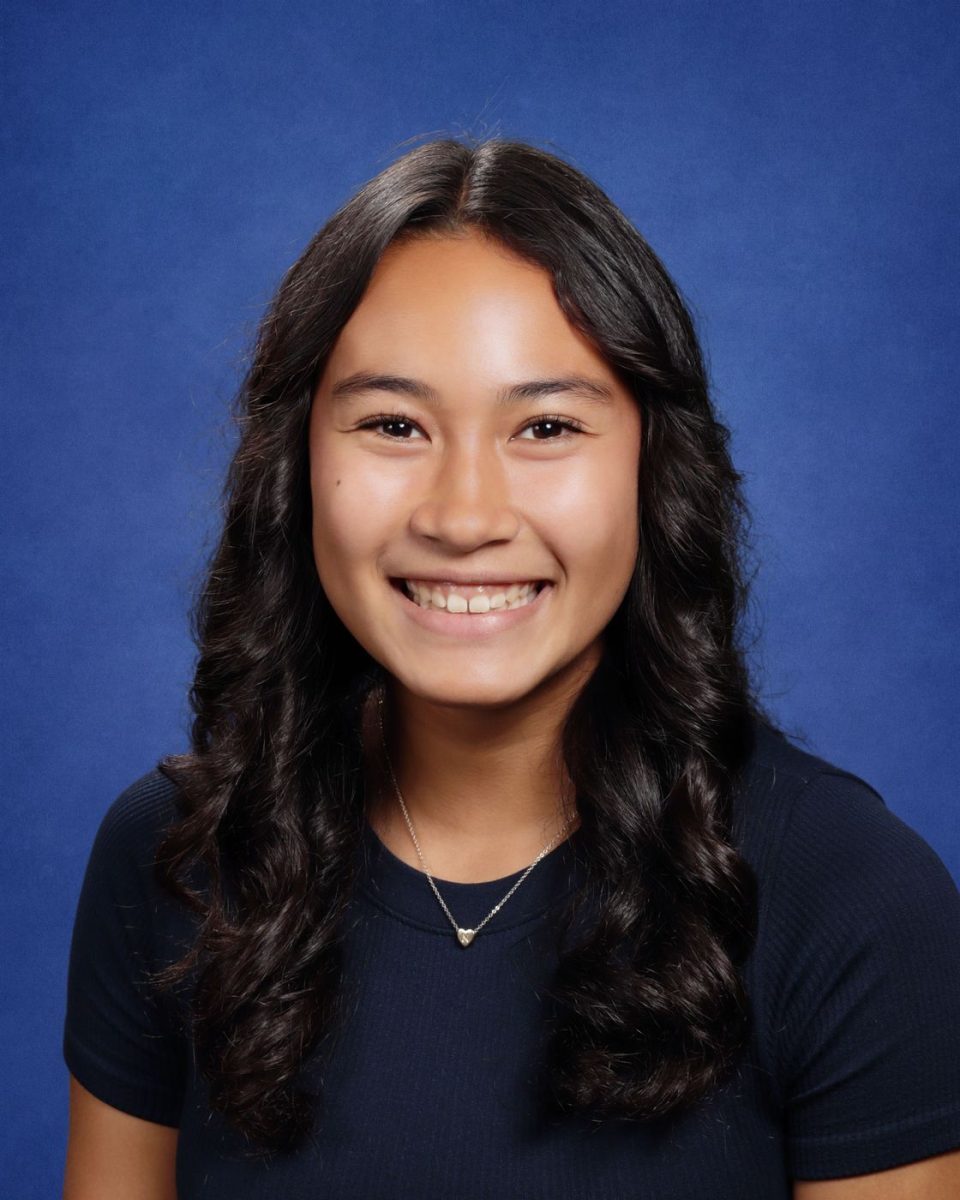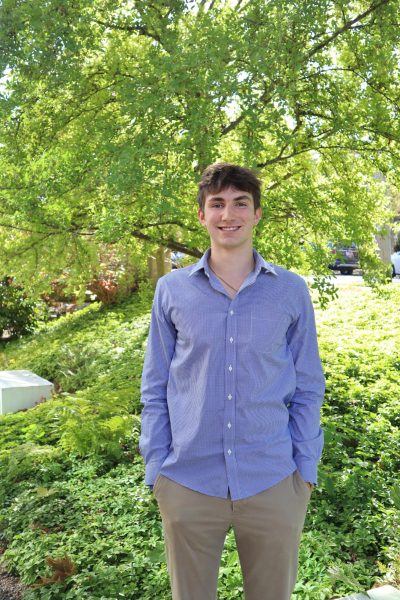How to think, not what to think. That is the core approach to Jesuit education, and that is what President Robert T. Jordan wants students to learn when approaching the upcoming election. “[Our] role is making sure students have the opportunity to look at this election from a variety of different angles. That’s what we do in general education regardless, whether it’s the election or something else.”
In a country where opinion can lead to division within groups, it is important to have political education that gives students a foundation of knowledge that they can then use to build their own opinions on governmental policies and politics. Some people might argue that the political landscape is too sensitive a topic to be discussed in class, but it actually is crucial for young people to learn how to approach it.
In their book, “The Political Classroom: Evidence and Ethics in Democratic Education,” Diana E. Hess and Paula McAvoy conclude that discussing politics is an important skill that people need to learn. In an interview with NPR, McAvoy noted the benefits of talking about politics in school. “These are great moments in which you bring a group of young people together who are forming their political views. They can really learn to engage across their differences and to start to see that political conflict is a normal part of democratic life.”
Jordan recognizes that many students have differing views, and he wants teachers to “create environments where students feel safe and the dignity of their fellow classmates is upheld and respected.”
Instead of forming judgements towards people who have contrasting opinions to their own, Jordan thinks students should “dive deeper than [the] surface level stereotypes about what a Republican is or what a Democrat is,” and to “listen to each other with an intention not to speak as soon as we can, but rather to listen with the intention of understanding.”
Young people are more involved in politics than ever before, and Jordan believes students at Seattle Prep are passionate about creating positive change. “In a school like ours, issues around justice penetrate the hearts of our students. It’s one thing to go out and do service, it’s another to ask: Why does this injustice that we are addressing exist in the first place? And how do we address that injustice?”
These conversations can be difficult, but they are catalysts for progress within our community, country, and our world.
When speaking for the school, Robert Jordan believes, “Our job is to facilitate [a] discussion [of learning] so that students can arrive at their own understanding.”






